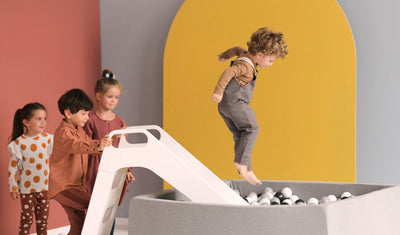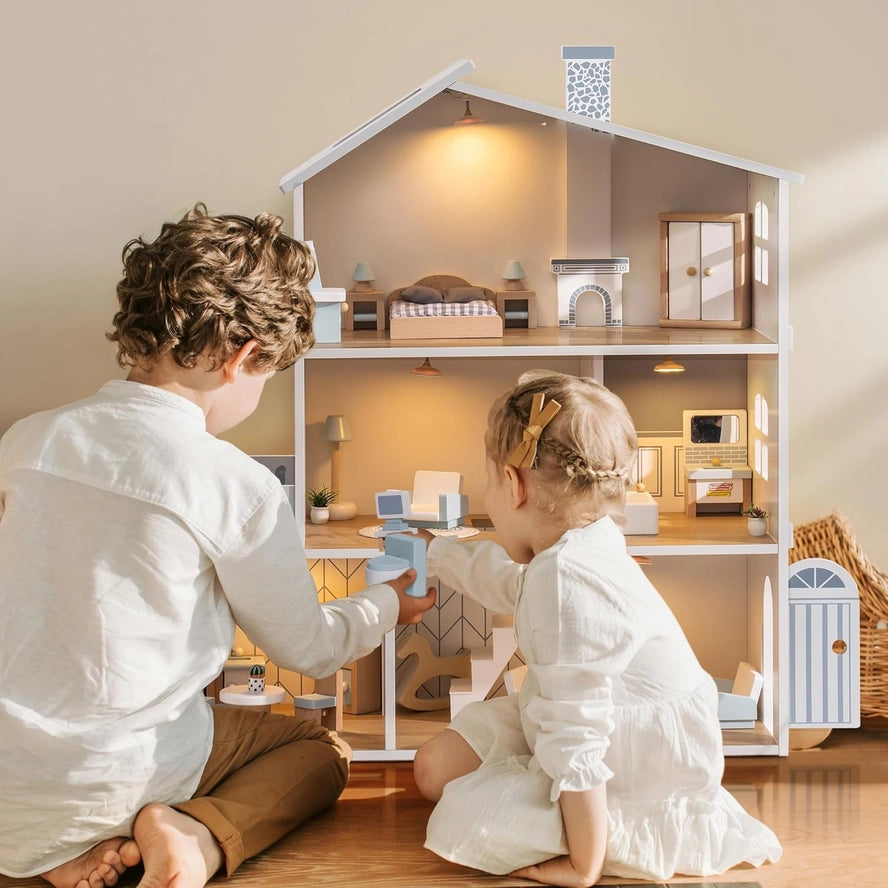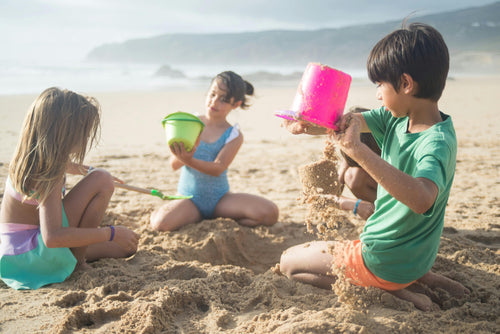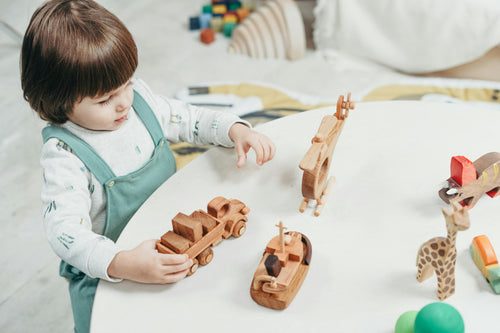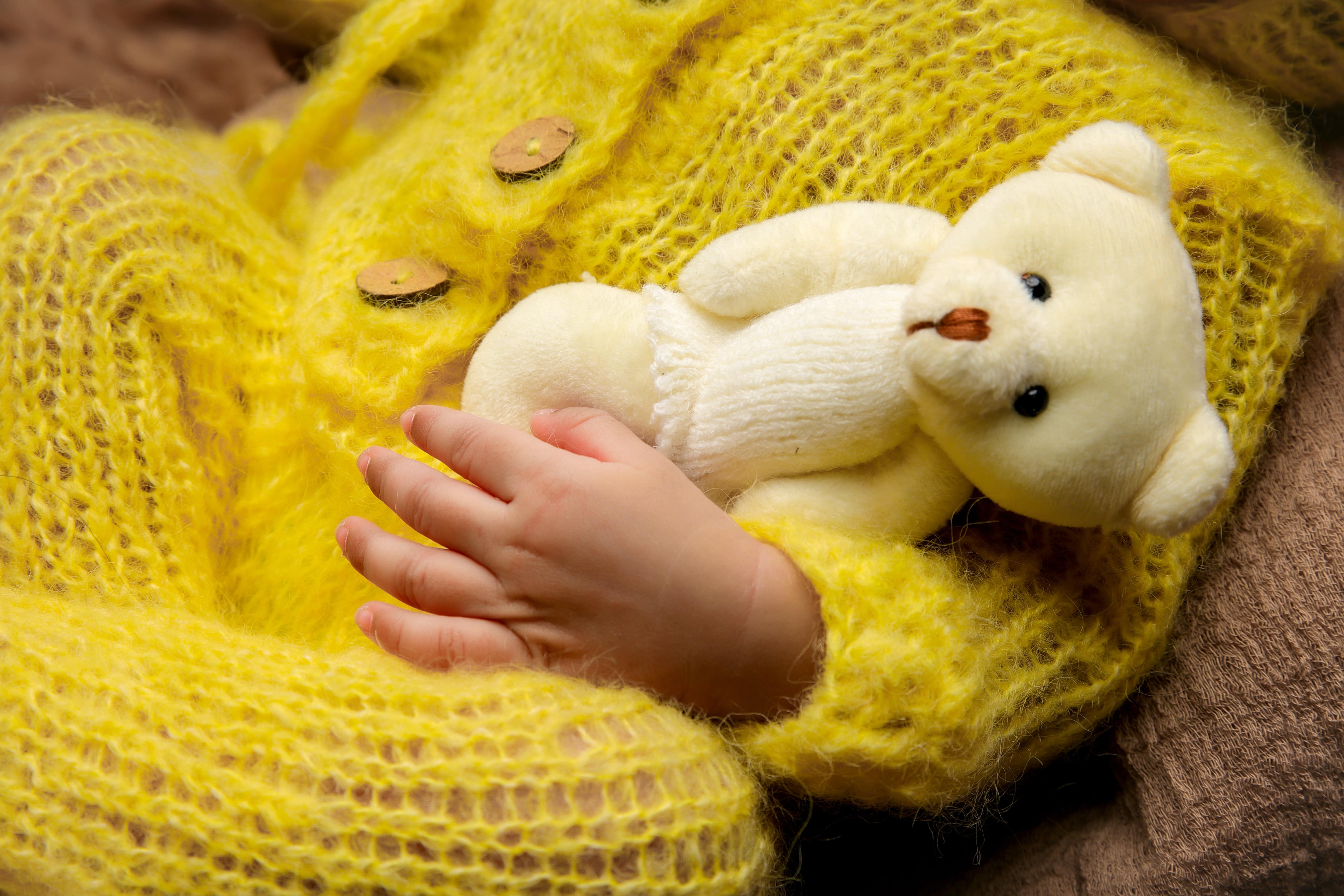
The importance of toys in child development: between education and entertainment
The early years of a child's life are crucial to their overall development. During this period, every interaction and every play plays a fundamental role in awakening their senses and developing their motor, cognitive, and social skills. Educational toys are specifically designed to stimulate these aspects of development, seamlessly combining education and entertainment. This article explores how age-appropriate toys can not only entertain children but also support their growth and learning.
Educational toys for 1 year olds
At one year old, a child begins to explore the world with curiosity and enthusiasm. Toys at this stage are essential for encouraging sensory and motor development. Colorful toys, those that make sounds, or those that require varied manipulation, such as soft building blocks, fabric books, or stacking cubes, are particularly beneficial.
Sensory development: Toys that offer different textures, bright colors, and sounds help stimulate a child's sight, hearing, and touch. For example, rattles that make a sound when shaken teach cause and effect, a basic cognitive skill.
Motor development: At this age, children are improving their hand-eye coordination and fine motor skills. Toys that encourage grasping, such as large blocks, allow children to develop these skills. Push and pull toys, which help children stand or walk, are also ideal for strengthening muscles and balance.
These toys not only entertain the child; they also provide developmentally appropriate challenges, encouraging healthy growth and continued exploration.
2 Year Old Child Development and Appropriate Toys
At the age of two, children become increasingly verbal and begin to develop more complex language skills. They are also more physically active and begin to master tasks that require better fine motor skills. Toys that encourage speech and movement are therefore essential at this stage.
Language Development: Simple picture books, toys that sing or talk, and games that encourage word repetition are excellent for boosting vocabulary and fluency. Dolls, stuffed animals, and figurines also encourage role-playing, where children practice conversations and develop social skills.
Fine Motor Skills and Coordination: Simple puzzles with large pieces, plug-in toys, and small building blocks help refine hand-eye coordination and dexterity. These activities also encourage problem-solving and logical thinking.
Toys that mimic adult activities, such as play kitchens or children's craft kits, combine motor skills with role play, increasing engagement and learning through play.
Toys for the development of 3 year old children
At three years old, children are exploring their independence and their creativity is flourishing. They benefit greatly from toys that encourage creative expression and social interaction.
Role Play and Imagination: Dress-up toys, puppets, and miniature kitchens are ideal for role-playing. These toys allow children to create scenarios, play different roles, and develop their empathy and social skills.
Creative Development: Painting, drawing, and modeling kits are essential for children this age. They promote creativity, hand coordination, and the ability to focus on a project. Additionally, these art activities are excellent ways for children to express their emotions and ideas.
By providing play opportunities that engage their imagination and need to interact with others, toys for three-year-olds support social and emotional development, as well as fine motor skills and coordination.
4-Year-Old Child Development: Choosing the Right Toys
At four years old, children are about to start school and have more advanced cognitive and physical skills. They can follow more complex game rules and are beginning to learn basic academic concepts. Toys that encourage academic learning and cooperation with others are especially useful at this stage.
School Readiness: Educational games that introduce concepts such as numbers, letters, shapes, and colors are essential. Magnetic boards, matching games, and more complex puzzles help build this knowledge while making learning fun.
Developing logic and problem-solving skills: Games that require following instructions and solving problems, such as advanced building kits or simple board games, are excellent for strengthening reasoning skills and patience.
Cooperation and social skills: At this age, it's important to foster social interaction. Board games designed for young children, which encourage turn-taking and teamwork, are excellent tools for teaching basic social skills, such as cooperation, sharing, and conflict management.
These types of toys not only prepare children for academic success but also support their emotional and social development, providing a healthy balance between education and entertainment.
Toys play a crucial role in a child's development, serving as both a means of education and entertainment. By choosing toys appropriate for each stage of development, parents and educators can help maximize each child's growth potential. As our children grow, selecting toys that are both fun and educational is key to helping them develop vital skills while enjoying their childhood.

